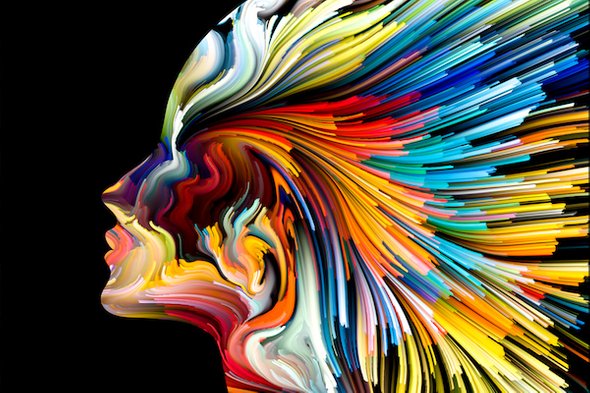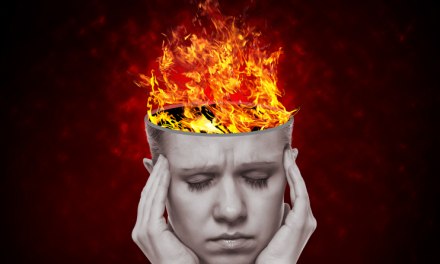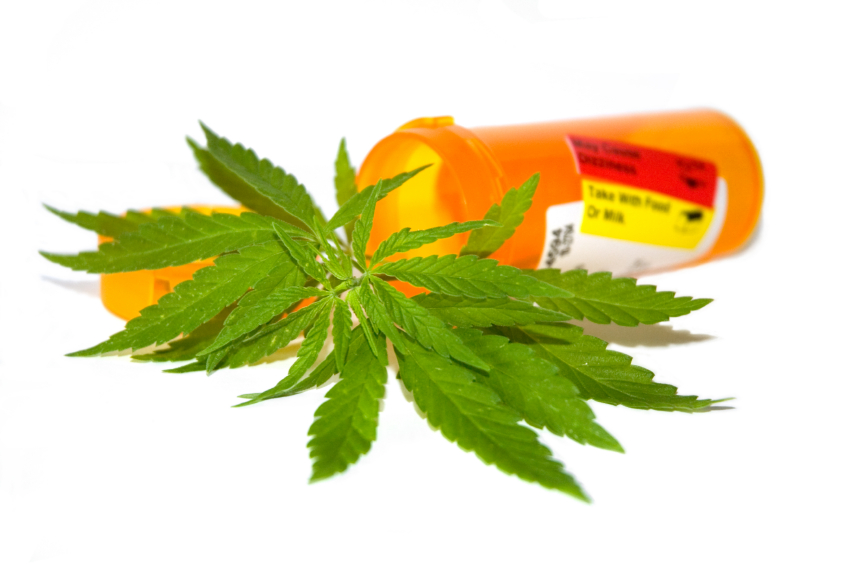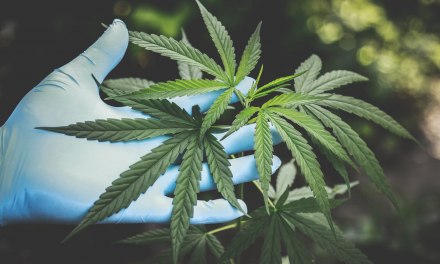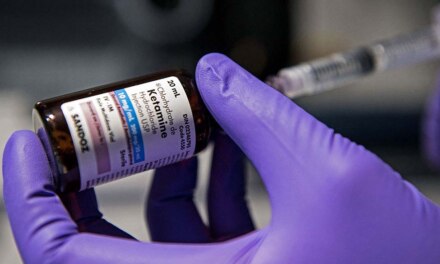Proving the benefits of psychedelic drugs in medical practice– it’s not as simple as we might think.
That’s the message of this recent piece in The Washington Post:
Agony over ecstasy: FDA bid shows it’s hard to test psychedelics
It seems an independent review has questioned the quality of evidence presented in support of MDMA as a tool for therapists in the treatment of disorders including PTSD.
FDA approval is the ultimate goal, naturally. I’m sure the various business interests involved are eager to avoid any unnecessary delays.
MDMA is a methoxylated amphetamine known to have some limited hallucinogenic effects as well as stimulant properties. You may already be familiar with it in the form of a popular club drug, Ecstasy, or as it’s sometimes called, Molly.
Seems club drugs are often given feminine names, to make them more attractive to customers. Anything for a sale.
The independent review identified a number of problems with the studies cited in the application. For instance, “Subjects in the placebo arm of the trials– who got dummy MDMA– knew they didn’t get the real drug because they didn’t experience distortions in consciousness… in other words, the trial was not ‘blinded’ for purposes of comparing the drug’s effect, which undermines the results.”
Indeed it does. In fact, “In the second late-stage trial published last year, 94 percent of participants who received MDMA, and 75 percent of those who got the placebo, correctly guessed their group.”
Seems to me that defeats the whole purpose of a blinded, placebo-controlled study. If the large majority of subjects have already guessed which sample they received, then confirmation bias would simply take over from there, influencing their opinions.
The reviewers suspected that the “trials may have been skewed by therapist participants who are boosters of MDMA as a mental health treatment, as well as large numbers of subjects who had previous experience taking MDMA.”
Worse yet, it seems some subjects had reported feeling “…pressured to report good outcomes and suppress bad outcomes.”
On a personal level, I’ve never met a group as committed to their mission as those who advocate for psychedelics in therapy. I’m sure they’re sincere in their enthusiasm and commitment, but that just makes me suspicious of some of the more glowing research results.
And MDMA is known to produce some unpleasant side effects and adverse reactions in a percentage of users. We should be hearing about those, as well.
The principal research organization involved with MDMA is described as engaged in “… a decades-long effort to prove that the drug had merit as a medicine, raising $140 million from donors to pay for clinical trials.” Oh boy. “The organization formed… as a public-benefit corporation, in anticipation that MDMA-assisted therapy would win FDA approval and start to reap taxable revenue that it couldn’t manage as a nonprofit. In January, [the organization] announced it had raised more than $100 million from investors…”
All that makes makes me think that it’s money doing much of the talking. Investors have lined up for the promise of a great return. Those folks don’t like to wait.
I’d feel better if MDMA wasn’t already firmly established as a drug of abuse. I recall sitting next to a young man in an airport lounge, waiting for a delayed flight. He was busy on his phone, planning an evening at the clubs with his buddy. Their primary task was to determine the proper time to ingest Molly so as to achieve ‘peak high’ only after they’d had a few drinks at the club. Apparently that helps modulate the euphoria.
As I eavesdropped on the conversation, I wondered how much cash that pharmacy-grade MDMA would bring on the street. Especially still in its original packaging.

